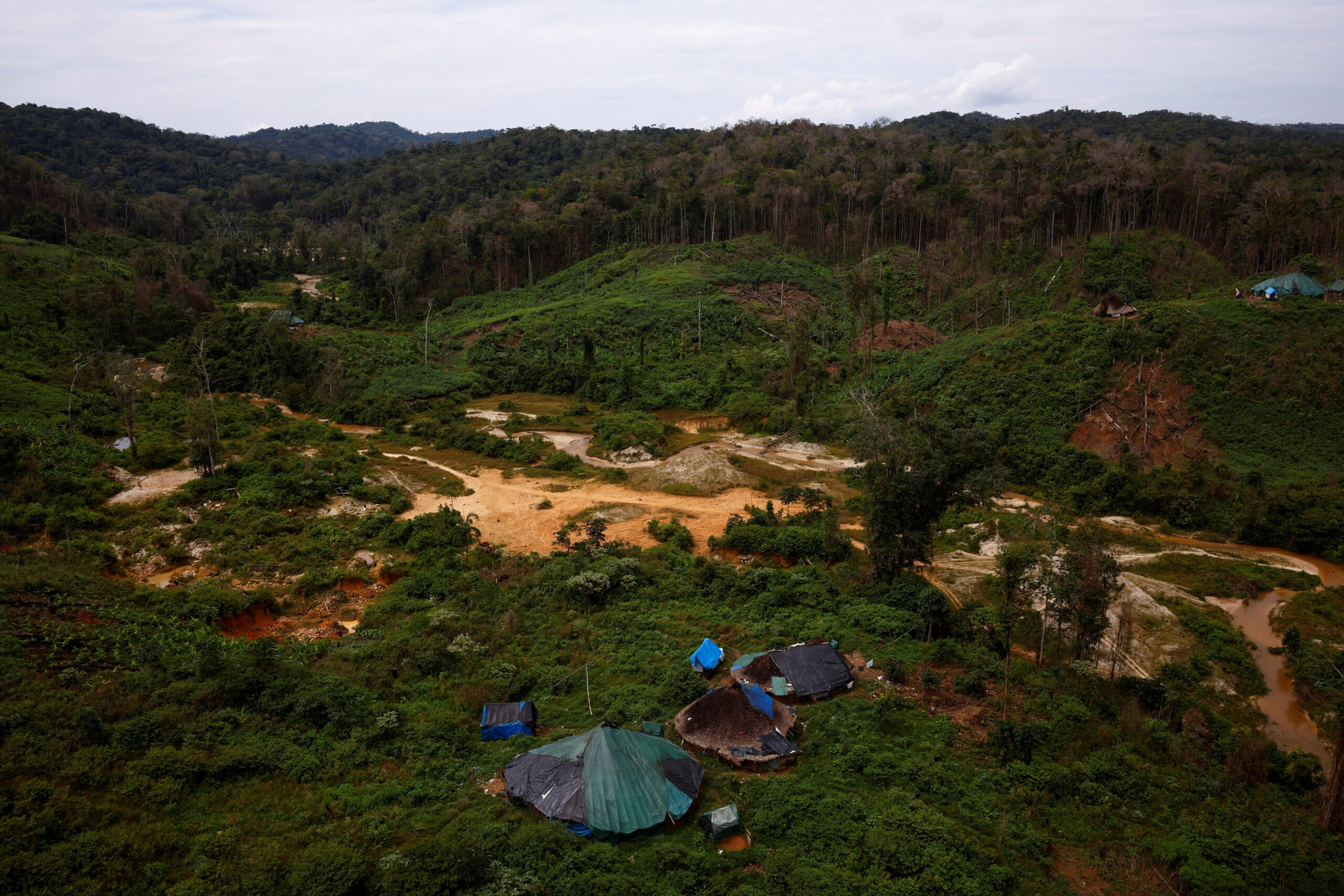
According to Brazil, the Amazon Yanomami reservation has been virtually cleared of gold miners
Brazil has successfully suppressed the illicit gold rush that resulted in the entry of numerous reckless miners into the Yanomami reservation in the Amazon jungle, leading to a severe humanitarian crisis characterized by disease and starvation, according to the individual responsible for overseeing operations.
In an interview with Reuters on Friday, Nilton Tubino said that the Yanomami, the biggest Indigenous group in South America who previously lived in isolation, have resumed their traditional lifestyle of farming crops and hunting game.
Tubino oversees the government office established by President Luiz Inacio Lula da Silva to synchronize efforts among police and military personnel, environmental experts, and healthcare professionals on the reserve, which is equivalent in area to Portugal, located in the isolated Amazon region. The reservation is home to 27,000 Yanomami people.
“We are observing a significant number of them engaging in river bathing and subsequent hunting activities, as well as the establishment of clearings for food production,” he stated.
During many operations since March, military personnel from the army and navy, supported by environmental and Indigenous conservation organizations, have successfully demolished mining camps and gold possibilities.
According to Tubino, they have detonated 42 covert airstrips utilized by the miners in the jungle, ignited 18 aircraft, confiscated 92,000 liters of diesel, submerged 45 dredging barges, demolished 700 pumps, and disassembled 90 Starlink dishes that facilitated the miners’ intercommunication regarding enforcement forces. An active radar system has been installed within the reservation to surveil covert aircraft.
Tubino reported a decrease in malaria-related fatalities among miners and success in managing malnutrition through the distribution of government food parcels. The administration has resumed operations of medical outposts and is currently strategizing the construction of a hospital in Surucucu, a geographically isolated village in close proximity to the Venezuelan border.
Earlier this month, a Reuters photographer in Surucucu observed evidence of unauthorised miners within the reservation, although the situation has shown improvement compared to the previous year.
Junior Hekurari, the chief of the Yanomami health council Condisi, stated that the government had successfully removed the miners and resolved the health emergencies. However, he also highlighted that the mining activities had adversely impacted their access to food, as evidenced by the contamination of river waters with mercury.
“The water bodies are contaminated and devoid of aquatic life,” he stated. “Our community holds the belief that the soil has been rendered contaminated, which is the underlying cause for the lack of crop growth.”
Following his assumption of power, Lula initiated a substantial enforcement campaign in February 2023 with the aim of removing over 25,000 gold miners from the Yanomami region. With the support of the military, the government’s operation effectively expelled 80% of the miners.
But as the military retreated, miners began to reenter the area, joining others who had concealed themselves in the forest.
According to Tubino, the exact number of miners still in existence is uncertain, but the operations conducted this year have greatly diminished their presence and eradicated over half of the gold prospecta.
“There is still work required to completely close the supply line that sustains the miners’ operations, including fuel, food, and the purchase of their gold nuggets,” Tubino said.
All Categories
Recent Posts
Tags
+13162306000
zoneyetu@yahoo.com



